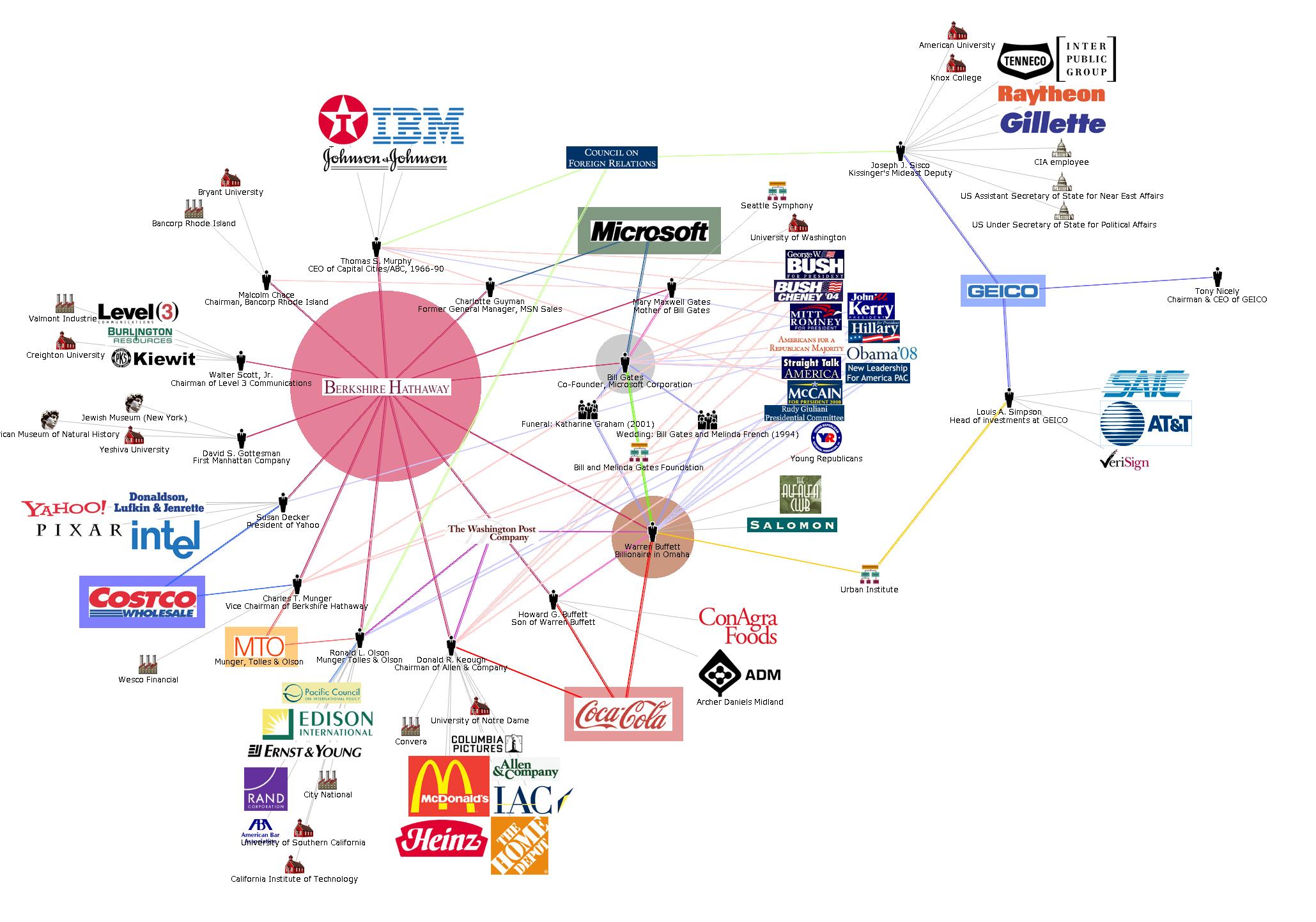Berkshire Hathaway: Bad deals all over
In case you thought Berkshire Hathaway was involved in only one bad deal—the $36 billion all-cash takeover of cyclical, airline-supplying Precision Castparts for 20-times what may (or may not) turn out to be peak-cycle earnings—well, there’s another deal Berkshire is involved in, indirectly, that is not looking great for the acquiring company and its shareholders: M&T Bank’s $5.4 billion all-stock acquisition of Hudson City Bancorp.
Berkshire Hathaway has owned shares of M&T for years, maybe decades, and for good reason: run by down-to-earth Bob Wilmers, whose annual shareholder letter is required reading for anyone in this business, M&T is one of the few banks with $50 billion or more in assets that made it through the financial crisis without losing a dime, or needing a bailout, or both, thanks entirely due to the sober culture of the place.
And while your editor owns M&T shares for exactly the same reason as Berkshire Hathaway, the acquisition of Hudson City is looking more like a pig in a poke than the tarnished gem it appeared to be the day the deal was announced way back in August 2012.
The Feds, you see, have yet to approve the deal, for reasons supposedly relating to concerns about M&T’s anti-money-laundering capabilities. And while M&T has been spending heaps of money to fix whatever accounted for the Fed’s concerns, the deal approval kept getting deferred.
Meantime, M&T’s stock—and the value of the shares it agreed to pay for Hudson—kept climbing and now stands 30% above the initial $7.56 value per Hudson share to $10.20 today. With 530 million Hudson shares outstanding, that means the initial $4 billion price tag has jumped to over $5.3 billion.
Worse, given the long-deferred approval, Hudson has been shrinking. Who, after all, wants to work with a bank that may or may not be around—depending on the Feds—in a year or two or three? And who wants to work for that bank?
No surprise, then, that employment at Hudson has shrunk from over 1,600 to 1,466 at last count, while the loan book has likewise been shrinking—from $27 billion or so around the time of the announcement to around $20 billion today. Deposits have also skedaddled: there were $18 billion at last count, down from $23 billion back when.
And despite the 30% jump in the value of the transaction, shareholder equity has barely budged: $4.8 billion, up from $4.7 billion. So what M&T was once paying below book value for it is now paying a pretty fancy multiple of book, in bank terms.
Nevertheless, Wall Street’s Finest continue to cheerlead the transaction. When Hudson yesterday announced a $30 million settlement with the Feds (a different branch of the Feds from the ones who will decide on the deal’s fate shortly) over allegations of “redlining,” you would have thought Hudson had instead announced that it had discovered that the company’s Paramus headquarters was sitting on a giant shale gas field with a pipeline already connected to Con Edison ready to supply New York City’s energy needs for the next millennium: M&T’s stock popped and research reports declared that this was just the sign we needed that the deal would shortly be approved.
And maybe it will be.
But as an M&T shareholder, I’d just as soon not be paying 30% more for so much less.

Jeff Matthews
Author “Secrets in Plain Sight: Business and Investing Secrets of Warren Buffett”
(eBooks on Investing, 2015)
Available now at Amazon.com
© 2015 NotMakingThisUp, LLC
The content contained in this blog represents only the opinions of Mr. Matthews. Mr. Matthews also acts as an advisor and clients advised by Mr. Matthews may hold either long or short positions in securities of various companies discussed in the blog based upon Mr. Matthews’ recommendations. This commentary in no way constitutes investment advice, and should never be relied on in making an investment decision, ever. Also, this blog is not a solicitation of business by Mr. Matthews: all inquiries will be ignored. The content herein is intended solely for the entertainment of the reader, and the author.
















